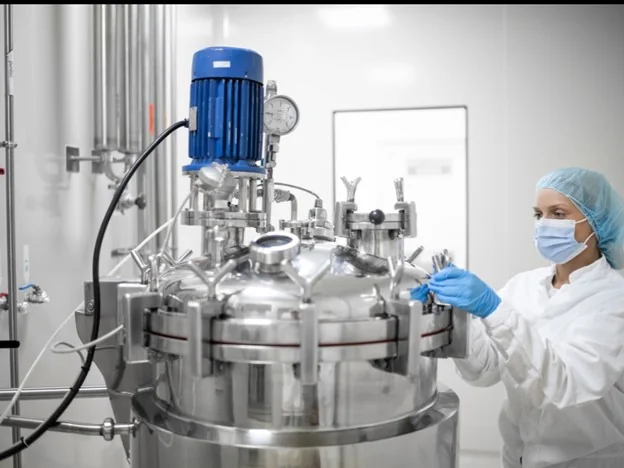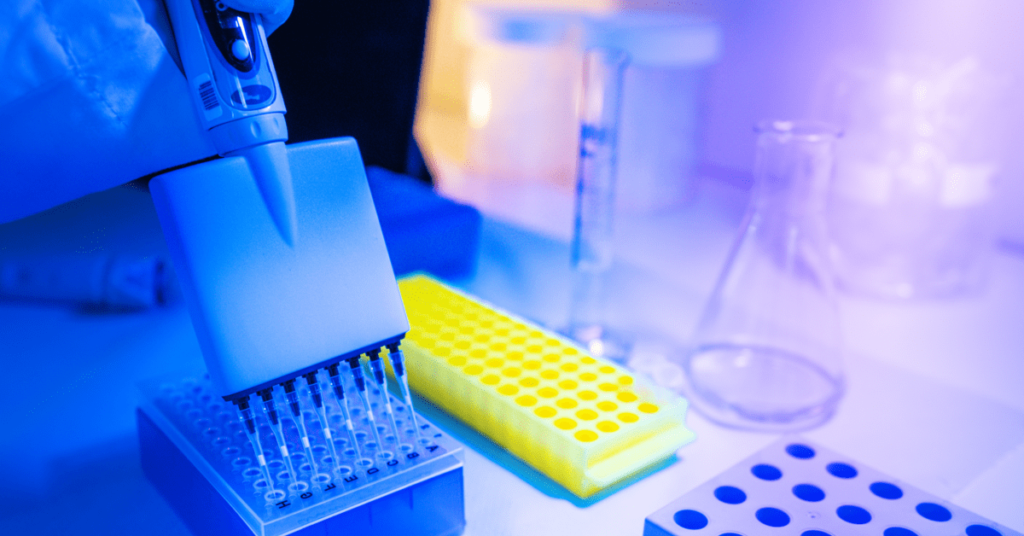The world is experiencing a growing demand for sustainable food sources. As environmental concerns increase, so does the need for eco-friendly alternatives. One such innovation that has emerged as a game-changer is precision fermentation. This breakthrough technology is transforming the way we produce ingredients for food, pharmaceuticals, and other essential products.
In this article, we will dive deep into the innovations in precision-fermentation and its role in sustainable ingredient production. We’ll explore how this technology works, the benefits it brings to the environment, and its promising future in creating sustainable ingredients.
What is Precision-Fermentation?
Precision fermentation is a cutting-edge technology that uses microorganisms such as bacteria, yeast, or fungi to produce specific ingredients. Unlike traditional fermentation, which involves natural fermentation processes, precision fermentation is much more controlled and efficient.

How it works:
- Microorganisms are engineered to produce a desired product (such as proteins, enzymes, or fats).
- These microorganisms are placed in bioreactors where they ferment specific raw materials.
- The end result is a highly concentrated ingredient, produced without the need for traditional farming or animal products.
In essence, precision fermentation allows scientists to “program” microorganisms to create ingredients with exact specifications, making it possible to produce ingredients sustainably and at scale.
The Rise of Sustainable Ingredient Production
The need for sustainable production methods has never been more urgent. As the global population grows, so does the strain on traditional agricultural methods, which often rely on high water usage, large land areas, and chemical fertilizers. Precision fermentation offers a solution to these challenges.
Key Drivers for Sustainability:
- Climate Change: Traditional farming, especially livestock farming, contributes significantly to greenhouse gas emissions.
- Land Degradation: Deforestation and land overuse lead to a loss of fertile soil.
- Resource Efficiency: Precision fermentation uses fewer natural resources like water and land compared to traditional farming methods.
Precision fermentation promises a future where we can produce high-quality ingredients while minimizing our environmental impact.

Advantages of Precision-Fermentation
Precision fermentation is not just about sustainability—it’s also about efficiency, scalability, and innovation. Let’s look at some of the key advantages of this technology:
1. Lower Environmental Impact
Precision fermentation dramatically reduces the need for land and water, making it far less resource-intensive than traditional agricultural practices. For example, producing plant-based proteins through fermentation uses up to 90% less water than raising livestock.
2. Reduced Carbon Footprint
By eliminating the need for raising animals and processing raw agricultural products, the carbon emissions linked to ingredient production are significantly lower. It is estimated that precision-fermentation can cut greenhouse gas emissions by up to 80% compared to traditional methods.
3. Higher Precision and Efficiency
Precision fermentation allows for the production of specific ingredients with high precision and consistency. This results in fewer by-products and more efficient use of raw materials, reducing waste in the process.
4. Scalability
The technology can scale easily to meet growing demands. Once microorganisms are optimized, they can produce ingredients on a large scale without significant increases in environmental costs.
5. Improved Product Safety and Quality
Since the production process is highly controlled, precision-fermentation often results in purer, safer, and more reliable products than traditional methods.

Applications of Precision-Fermentation in Various Industries
Precision fermentation is already making waves in several industries, and its potential is only growing. Let’s explore some of the most exciting applications.
1. Food Industry
Precision fermentation is revolutionizing food production, particularly in the alternative protein space. Instead of relying on animal farming for meat and dairy, precision fermentation is used to create proteins, fats, and other ingredients traditionally derived from animals.
- Plant-based meat: Companies like Impossible Foods and Beyond Meat use precision fermentation to create plant-based meat alternatives that taste like the real thing.
- Dairy alternatives: Companies like Perfect Day use precision fermentation to create animal-free dairy products such as milk, cheese, and ice cream.
2. Pharmaceuticals
In the pharmaceutical industry, precision fermentation plays a crucial role in producing therapeutic proteins and vaccines. Through this technology, insulin, growth hormones, and even COVID-19 vaccines are produced in controlled environments, improving both availability and safety.
3. Cosmetics
Precision fermentation also finds its place in the cosmetic industry. It is used to produce high-quality ingredients such as collagen and hyaluronic acid, which are commonly used in skincare products. These ingredients are produced without harming animals, making them more ethical and sustainable.

The Future of Precision-Fermentation
As the world continues to shift towards sustainability, the future of precision fermentation looks promising. With ongoing research and advancements in biotechnology, precision fermentation is expected to play an even more pivotal role in various industries.
Key Trends to Watch:
- Expanded Ingredient Range: New developments will allow the production of a wider range of ingredients, including functional foods, bioactive compounds, and even biofuels.
- Integration with Circular Economy: As more companies adopt sustainable practices, precision fermentation could become a key player in the circular economy, where waste from one process is used as input for another.
- Smaller Footprint: Technological improvements will likely reduce the size of bioreactors, making precision fermentation even more accessible and cost-effective for businesses of all sizes.
Conclusion: The Path to a Sustainable Future
Precision fermentation is a beacon of hope for those looking to create a more sustainable future. By enabling the production of high-quality ingredients with fewer resources, it holds the potential to revolutionize industries from food production to pharmaceuticals and beyond.
As more companies invest in this groundbreaking technology, we are likely to see even greater innovations in the years to come. The promise of a more sustainable and ethical world is within our reach, and precision fermentation is leading the way.
CRISPR Advancements: Breakthroughs in Gene Editing and Their Potential Applications






